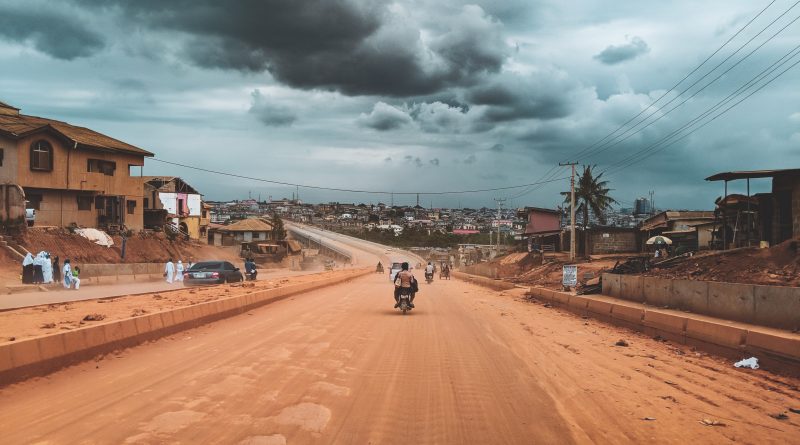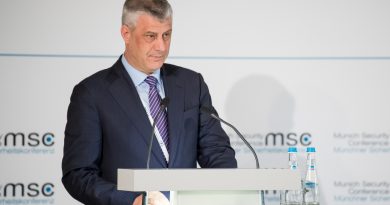Focus on Mass Migration: Syria
Sara Vasquez
Staff Writer
Syria has been toiling through a gruesome civil war for almost a decade. In a country where sugar and rice are being rationed and violence is a part of everyday life, over half of Syria’s population has been displaced from their homes and is trying to start anew. The Syrian refugee crisis has been a looming topic on the international stage yet is far from being solved. Amid a global pandemic, the situation looks increasingly complicated for these refugees looking to rebuild their lives.
When President Bashar al-Assad succeeded his father in 2000, Syrians expected reforms of its repressive government. However, the continuation of the harsh regime and a severe drought left many families reduced to poverty and desiring change. The first major protest against Assad began in 2011 when children were tortured for anti-government graffiti. In later protests, security forces responded violently by firing at demonstrators, adding additional momentum and visibility to the movement. Soon, rebel militias formed, and the resistance became a full-fledged civil war. The Syrian Civil War has driven over 5.5 million citizens to escape the country, according to CBS. When the conflict began, citizens were able to flee the conflict more easily. However, an increasing number of border closures and other limitations have forced the people to take more extreme measures to leave the country.
The current global pandemic is adding complications to the already difficult migrant crisis. As reported by CBS, a temporary refugee camp in Jordan is home to almost 77,000 people who live in a space of 2 square miles, providing optimal conditions for COVID-19 to spread. However, the United Nations High Commissioner for Refugees is doing the most that it can by constantly cleaning and testing. Similarly, refugee camps in Turkey have reached capacity even as refugees continue to flow in. NBC reports that Serdar Kilic, the Turkish ambassador to the United States, says that trying to contain the virus in refugee camps is “mission impossible.” Because of this, refugees are migrating to bordering countries such as Greece and Bulgaria in efforts to reach other secure European Union countries.
However, a recent catastrophe has once again displaced refugees, this time on the Greek island of Lesbos. A large fire in early September destroyed Greece’s largest refugee camp, called ‘Moria’, which was created to host about 3,000 people, NBC reports. The fire, which was started purposefully by people protesting coronavirus lockdowns, has left more than 12,000 refugees without a place to stay which is four times the original capacity. NBC also reports that those who were driven out will be relocated to a new tent city by the highway close to Moria. These conditions, however, are still not favorable for healthy living.
To respond to this crisis, 26 countries in the United Nations released a statement urging Western countries to lift the sanctions imposed on countries like Syria, ABC reports. In the statement, both UN Secretary-General Antonio Guterres and UN human rights chief Michelle Bachelet urge Western nations to lift the sanctions that limit the ability of countries to provide humanitarian aid and respond to the pandemic. The United States designated Syria a State Sponsor of terrorism in 1979, leading many countries to impose sanctions. Additionally, since 2011, more trade tariffs have been imposed to deprive the Syrian regime of the resources it uses for violence towards civilians.
ABC reports that at the end of September, President Donald Trump imposed additional sanctions on entities and individuals in Syria to put pressure on the Assad regime. These sanctions were instituted because of the Caesar Syria Civilian Protection Act passed in Congress after reports and pictures showed how the Assad government tortured citizens. The Syrian government routinely ignores the sanctions and blames poor living conditions on them. When Western nations try to pressure the government, the Assad regime reacts with more violence and war. This inevitably drives out more of its citizens who want to live peacefully. Although the sanctions are in place to pressure the leaders in power, they unfortunately also affect the population living within its borders, forcing the people to migrate.
It is difficult to predict what will happen with the Syrian migration crisis, as migrants have spread all over the world. Nonetheless, governments and institutions need to continue to pressure the abusive regime and create more opportunities for children and adults to create better futures.



